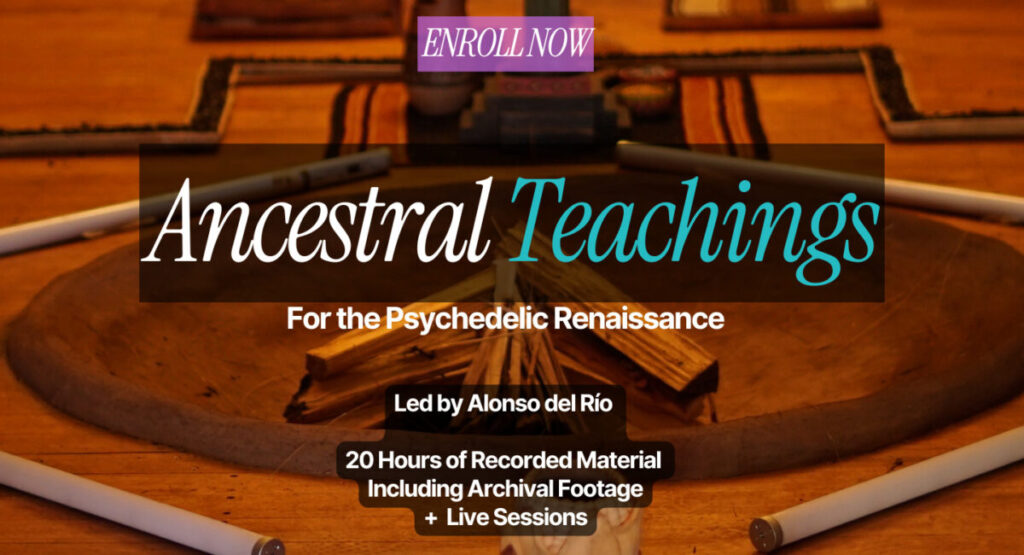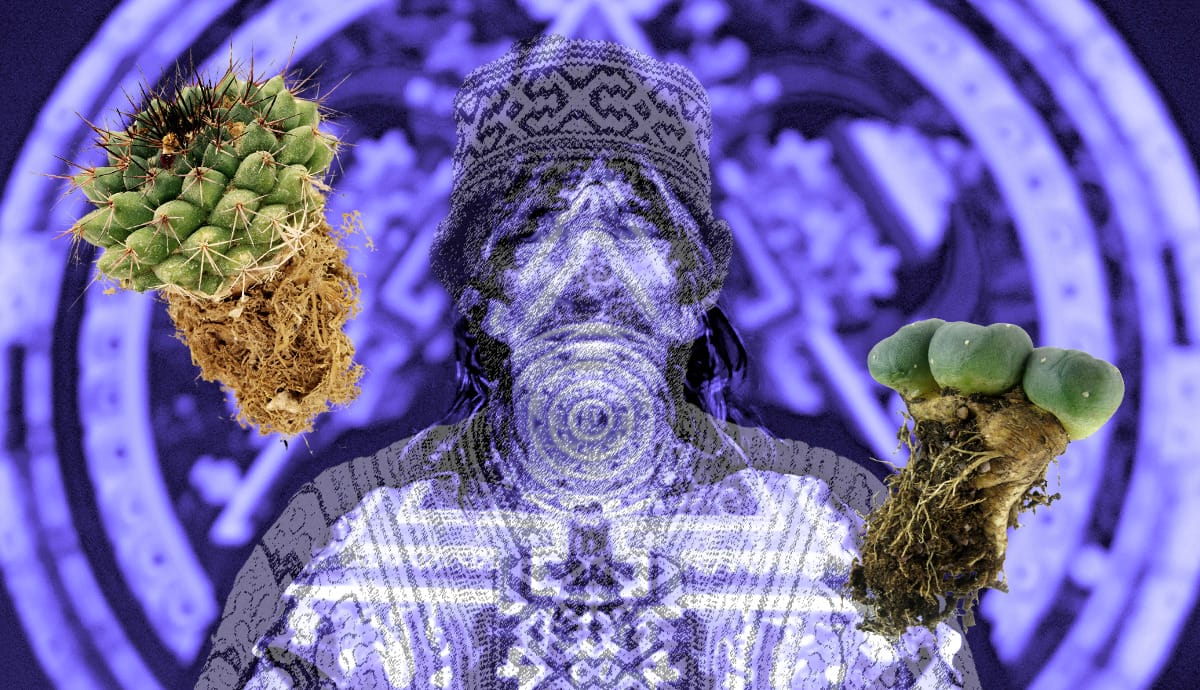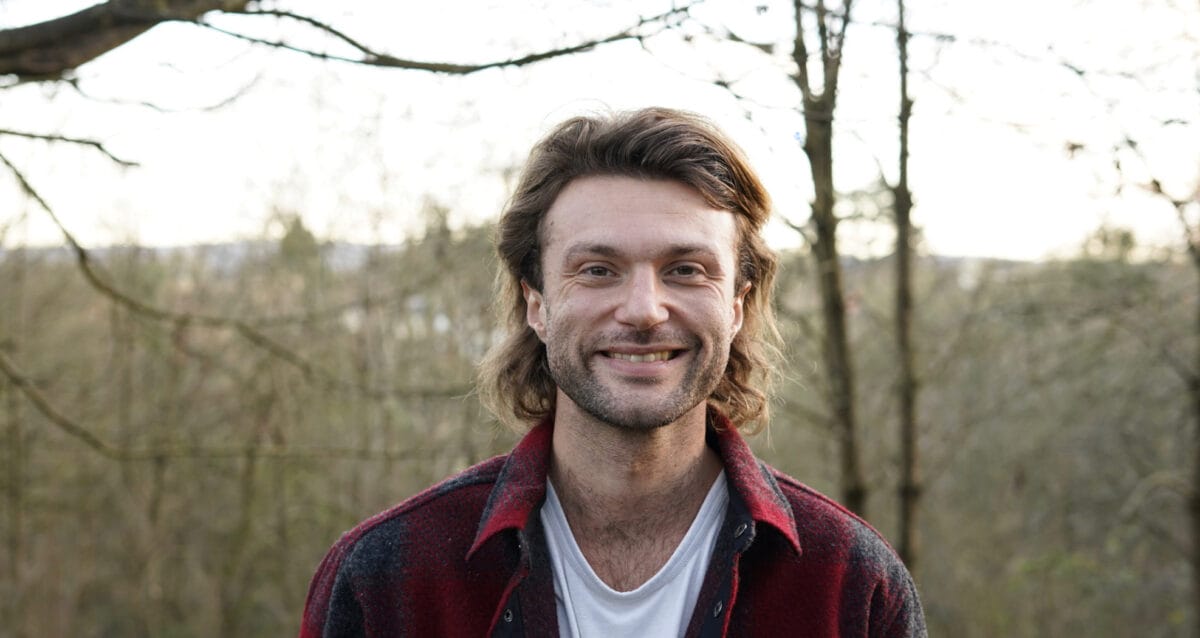In the communities of the Shipibo people in the Peruvian Amazon, there are healers known as onayas and witches known as yubés. During ayahuasca ceremonies, onayas will attempt to alleviate the suffering of participants who have been cursed by yubés, through cleansing rituals and songs. In doing so, the onayas risk their lives, according to Alonso del Rio, the founder of retreat center Ayahuasca Ayllu.
An energetic battle between the onaya and the yubé soon ensues, he says. The onaya may not sleep for an entire week, under constant attack from the yubé in another plane of consciousness.
“There have been many high-level healers who have died from confrontations with these so-called witches,” del Rio claims, saying that such skirmishes take place in the metaphysical realms between most Amazonian communities. This possibility was previously noted in the 1998 book, The Cosmic Serpent, among other texts.
Del Rio – who was born in the Peruvian capital Lima and studied for 13 years in the Shipibo tradition to become a psychedelic facilitator – accepts that this is a controversial topic, which is unlikely to be taken seriously by many educated people. But he says that a serious, lengthy illness and the destruction of his house some years ago is evidence of this sinister reality. Only when del Rio began to understand the nature of a curse placed upon him in 2005 by a disgruntled sorcerer, was he able to learn how to cure himself and prevent his likely demise.
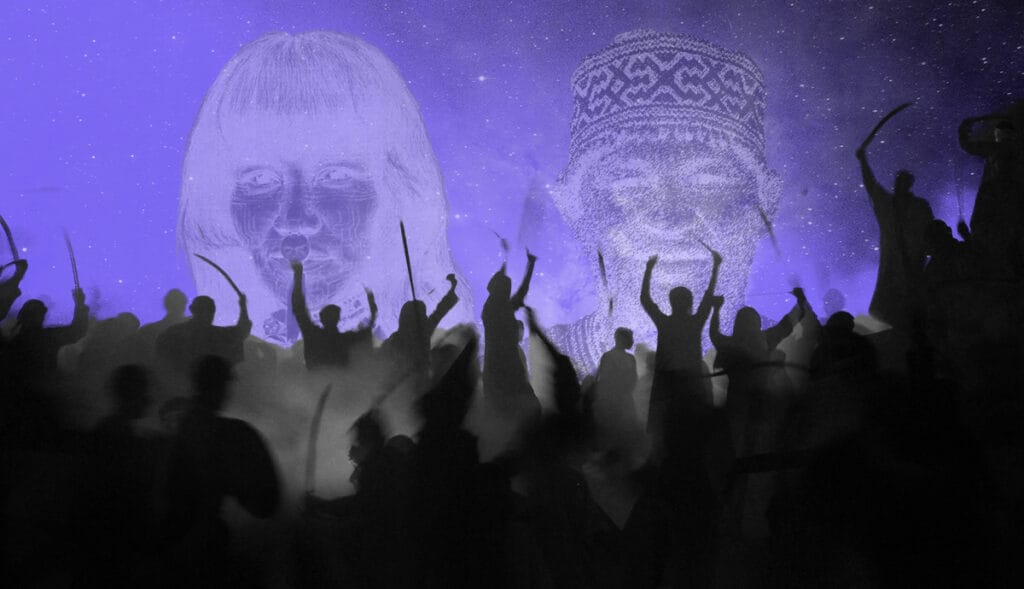
The Risk and Responsibility of Preserving Ancestral Psychedelic Knowledge
As part of this ongoing quest, del Rio – a self-described “consciousness activist” who holds ayahuasca ceremonies in Peru and across the world, where it is permitted – has collaborated with Psychedelics Today to develop a course titled “Ancestral Teachings for the Psychedelic Renaissance” to help psychonauts and practitioners deepen their understanding of the nebulous nature of shamanism. He refers to ayahuasca, peyote, huachuma and other plant-based psychedelics as “power plants.”
“Because power is something neutral,” del Rio says. “It depends on who uses it and what for.” The consumption of plants like ayahuasca, or lab-based psychedelics like LSD, he adds, does not automatically improve people. Contrary to the belief held by many who work in the field, he believes they should not be called “medicine,” because psychedelics are not inherently medicinal.
The course illustrates how complex and testing a life dedicated to sharing psychedelic plants ceremonially is.
“I believe that the deeper one goes into this path, the more you realize how infinite it is, and the care and responsibility you have to take to preserve your life and the lives of the people attending a ceremony,” he says.
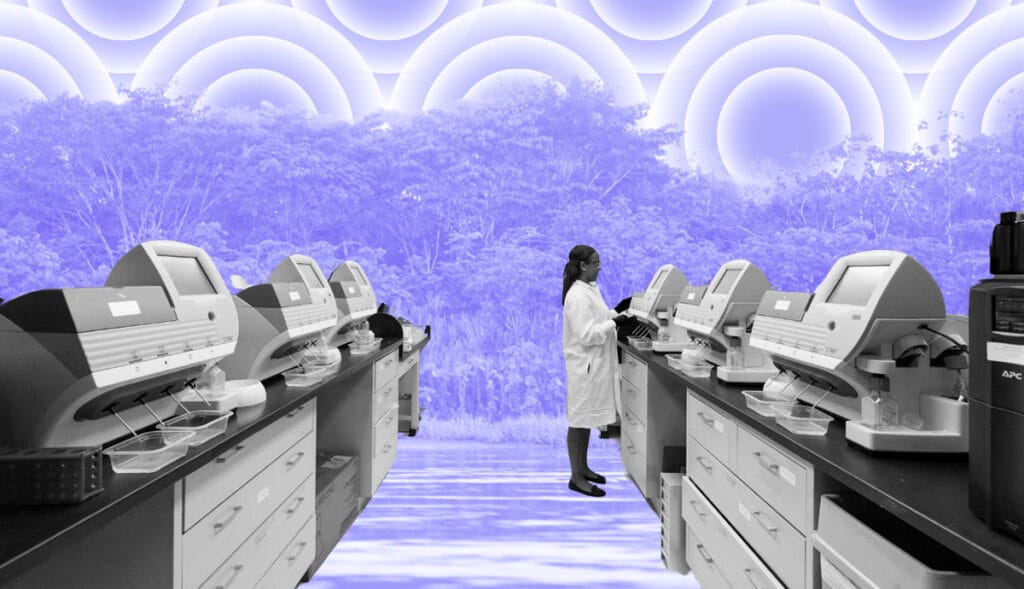
Beyond Science: How Ancestral Psychedelic Knowledge Offers a Deeper Understanding of Healing
Del Rio – who studied under a Shipibo onaya named Benito Arevalo who encouraged him to share the teachings more widely – feels the best path to responsible administration of power plants is achieved by undergoing a comprehensive apprenticeship with an elder.
“I believe that there are many people who put many people at risk because of their poor training,” he says. “This is not something you really learn, not even in ten years, [but] it is a lifelong path in which we are being formed and each time we understand more how to serve better.”
Stripping psychedelic medicine of its 10,000-year-old Indigenous history and framework of use in order to make it fit within a Western allopathic healthcare system is short-sighted, he contends. It seems that being dispensed psilocybin in a medical setting in the U.S. could be safer than risking being cursed by a yubé in Peru during an ayahuasca ceremony, but del Rio says that the psychedelics cannot only be understood within a scientific paradigm.
“The same amount of substance will work differently for different people,” he maintains. “The substances are not actually what heals, within our tradition, the energy of the healer contributes as much as the substance itself.”
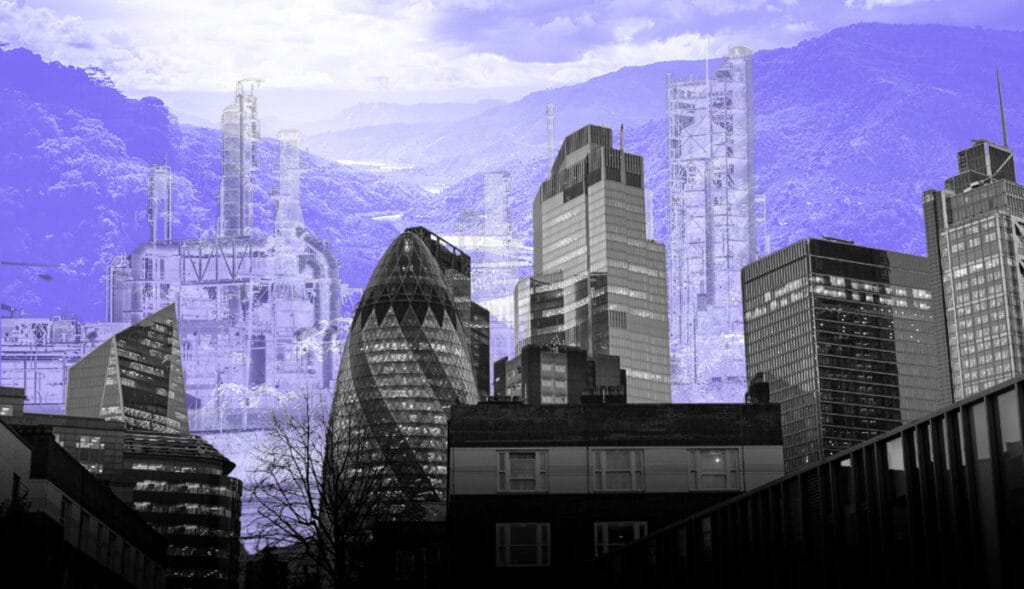
Integration of Ancestral Psychedelic Knowledge into Modern Psychedelic Practices
Little by little, there is an increasing appreciation that Western medicine can learn from the ancient history of psychedelics. In September, an article published by the BBC reported on how it is essential for Western society to develop an understanding of how Indigenous communities have “very different belief systems for interacting with and interpreting the world around them.”
The bulk of clinical psychedelic research thus far has been focused on the individual, as opposed to the group. Any possible interaction with the natural or spirit worlds is completely overlooked. Del Rio urges modern-day researchers to integrate traditional knowledge, “so we don’t repeat mistake after mistake, which, above all, would put many people at risk.”
Adverse events, which could broadly be described as challenging experiences, or even bad trips, could be more likely to occur under the influence of psychedelic substances because participants may not be given a framework to understand the mystical, spiritual phenomena which could ensue.
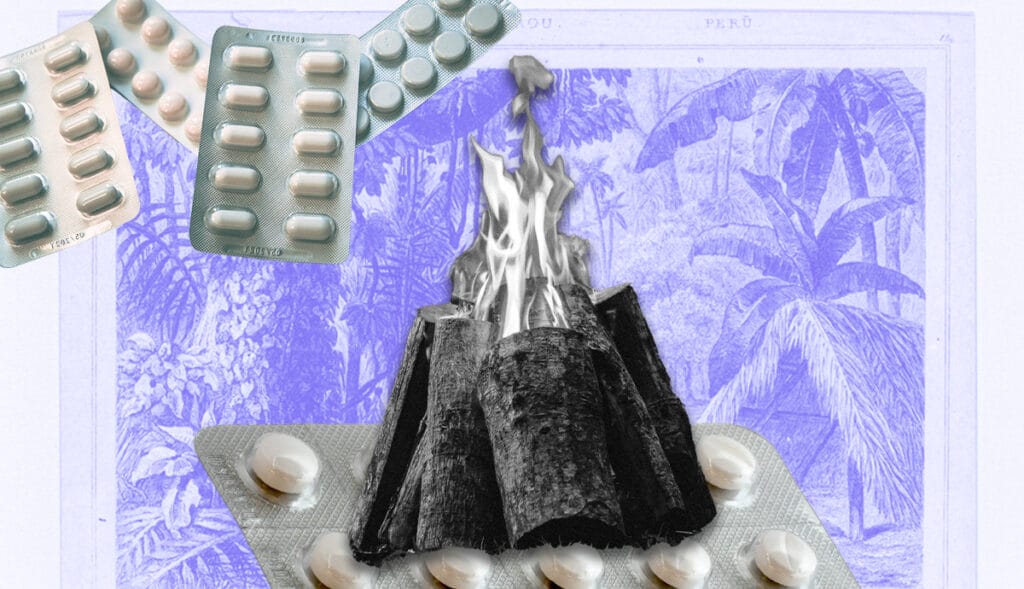
The Role of Nature and Community in Preserving the Ancestral
Indigenous peoples in the Americas “have maps, guides, a deep familiarity with altered states of consciousness,” Jules Evans, a psychedelics researcher at Queen Mary University of London, who directs the non-profit Challenging Psychedelic Experiences, told the BBC. “Secular people, on the whole, do not. As a result, people can be bewildered by the experience and confused as to how to integrate it into a materialistic worldview. This existential confusion can last months or years, and the person who comes out on the other side may be very different to the person before.”
Central to the process of integration of ancestral psychedelic knowledge is a sense of community, but participants in psychedelic retreats can be left wanting when they return to the urban silos and experience isolation even after transcendent, healing experiences. Even more important is a connection with nature, according to Francisco Rivarola, who worked with del Rio to produce the course.
“The daughter of a Shipibo chief told me that she believes … that what is really sickening society is the disconnection that they have from nature and the source of the divine,” he says.
“The psychedelic [experience] is a portal through which maybe, if you’re lucky and you do this the right way, you can touch upon that connection.”
A failure to make secure that enduring connection – in tandem with the sense of community experienced within ceremony – explains why many people persist in regularly taking high doses of psychedelics in group rituals without reporting long-term improvements in their health, Rivarola adds.
“Working with sacred plants within a ceremonial space allows you to understand something that the West does not understand,” says del Rio, “which is the intelligence of plants and how they can act selectively.”
The folly of Western science – and the psychedelics researchers who do not investigate plants and drugs outside of a “reductionist scientific paradigm that only sees matter without its interaction with other energy levels” – will soon become clear, he claims. “In ten or twenty years we will laugh at this model.”
